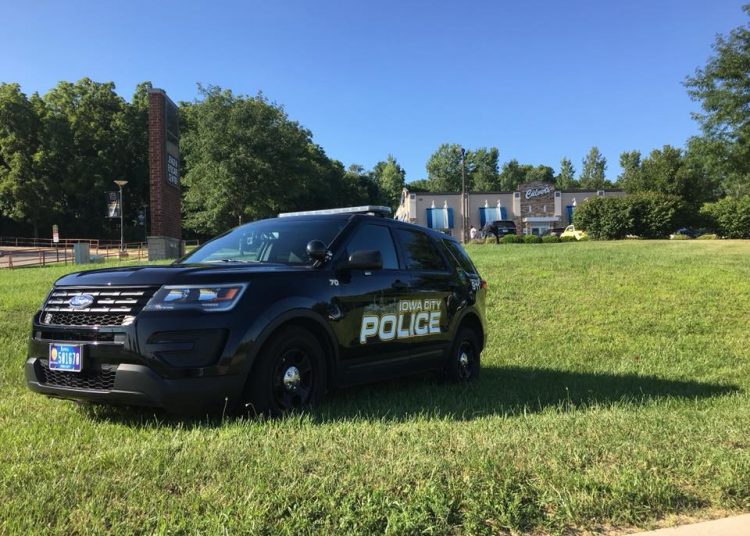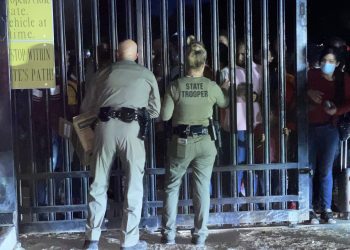(The Center Square) – The American Civil Liberties Union (ACLU) of Iowa calls Iowa’s new law that increases penalties for unlawful protest an intimidation tactic.
Gov. Kim Reynolds signed SF 342, known as the “Back the Blue Act,” into law on June 17. It makes rioting a felony offense, increases penalties on other destructive behaviors, establishes qualified immunity, and increases due process protections for law enforcement, the Governor’s office said.
“A lot of our concern about this particular law comes into play is in the ways that we think that it will inhibit people from exercising their First Amendment rights through enhanced penalties through new offenses. And through this, this notion that police can’t be held accountable if they abused their power,” ACLU of Iowa Executive Director Mark Stringer told The Center Square.
Examples of the enhanced penalties include upping the penalty for unlawful assembly from a simple to an aggravated misdemeanor, he said. That takes it from punishable to up to 30 days in jail to punishable for up to two years.
The law also creates another way to commit this kind of offense. A protester who joins a lawful assembly but then remains after the person knows that it has become an unlawful assembly could face those charges, which Stringer said isn’t on its face unconstitutional.
Another ACLU concern is the provision that grants civil liability immunity for drivers who exercise due care and injure a person participating in a protest even if it’s a lawful protest. That gives immunity if a driver hits a protestor, he said.
“Why are we creating a law that basically gives special treatment to a driver who happens to be interacting with a protest as opposed to any other gathering? The whole thing is odd, frankly,” Stringer said.
The ACLU of Iowa will wait and see how the law is enforced to determine its next steps, he said.
“Our kind of approach is always you have to wait and see how this unfolds. We are not hopeful that it won’t impact people’s protesting rights,” Stringer said.
On its face, the plain text of the law doesn’t criminalize lawful protest, he said.
“But we also know just from last summer, that police sometimes respond to lawful protest by arresting protesters with little or no basis,” Stringer said.
That happened with several Black Lives Matter protestors and some journalists. The criminal charges were later dropped by prosecutors, or their cases ended in acquittals because there was no evidence against them, he said.
The state has enhanced penalties for protestors and given police less accountability by codifying broad immunity from state law claims brought by people who are harmed by police action, he said.
“It comes directly in response to thousands of protesters, most of whom were peaceful, law-abiding,” Stringer said.
















